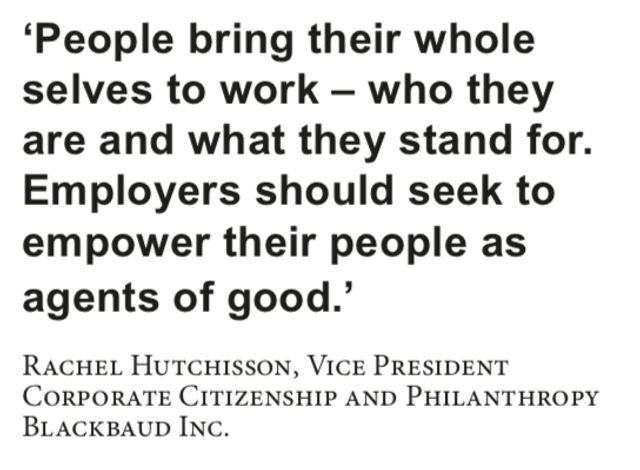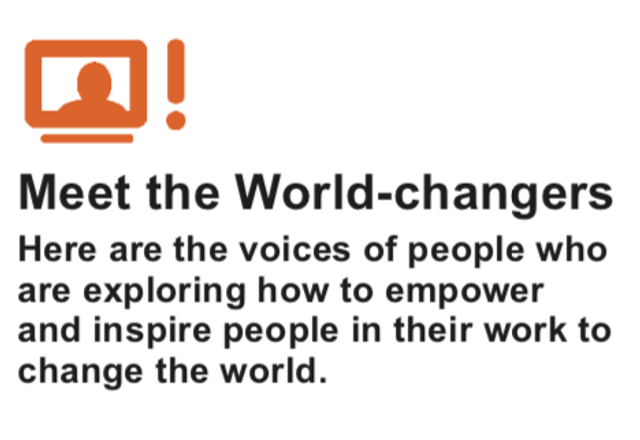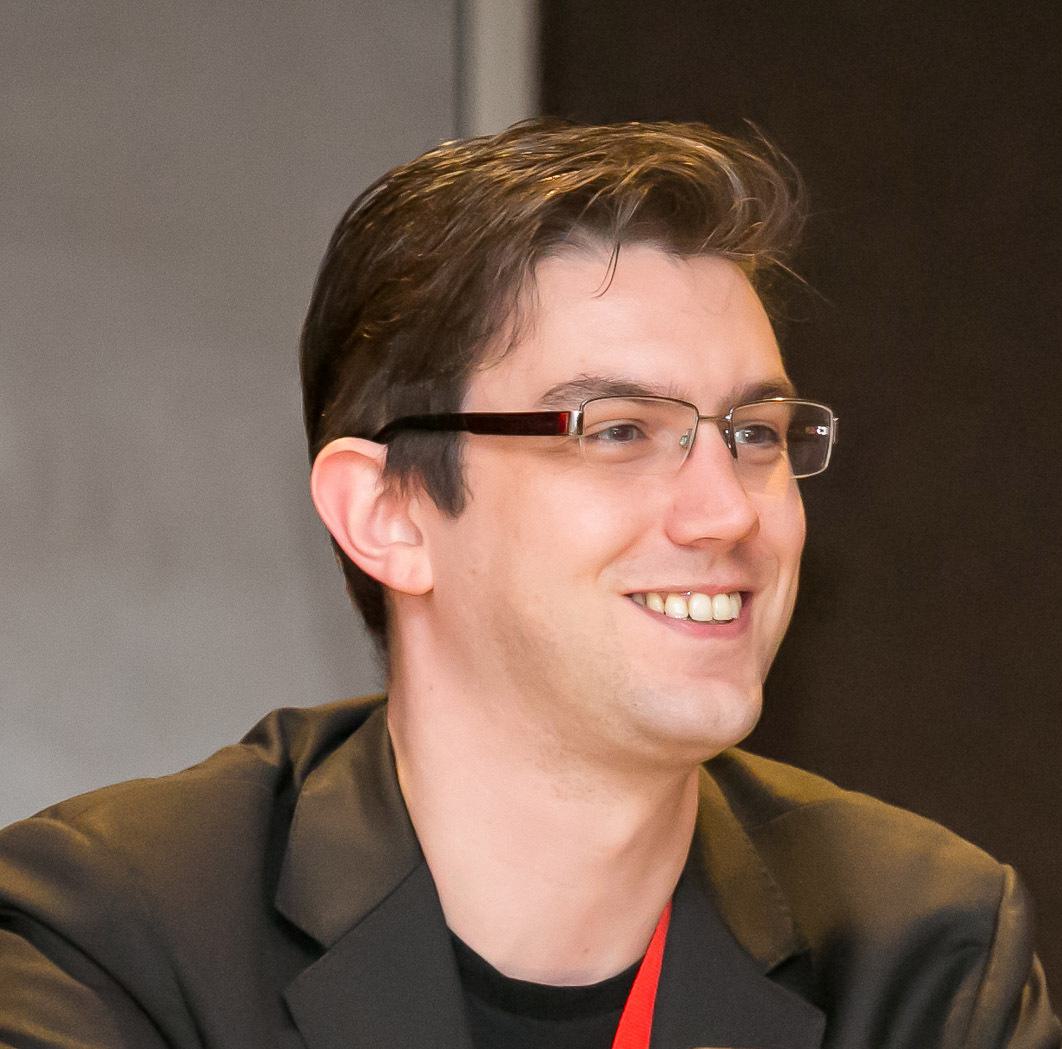Meet the world-changers — the view from the top: an interview with Daryl Brewster
Can CEOs be a force for good in the world and help address the issues we all face? We talk to Daryl Brewster, whose mission is to make sure that is what happens.
- Written by
- Joe Burnett
- Added
- August 16, 2018
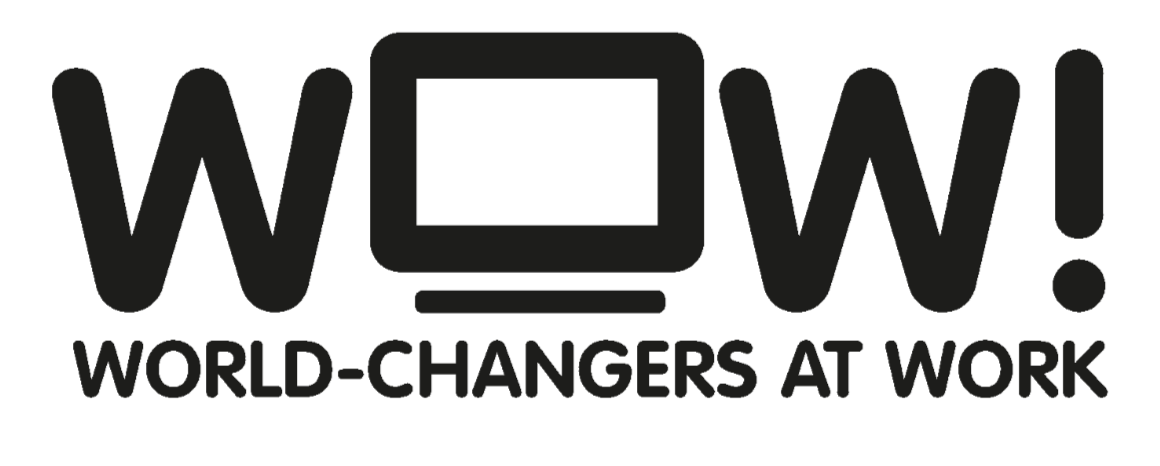
‘[We were] founded on the belief, echoed in our mission statement, that the world’s leading companies can and should be a force for good in society.’
Daryl Brewster
Objectives of the meet the world-changers series:
- To encourage employers to talk about the good that they do at least as much as about the money they make. To elevate the status of service and ideals at work.
- To enable people, particularly young people, to see that they too can make a social difference at work.
- To inspire people to actively encourage their employers to add those dimensions that make a difference, that lead to practical social change.
- To raise the status and potential of jobs, or rather careers, that change the world.
- To showcase innovative ideas for fostering social change initiatives and define ways to reward employers who encourage social innovation and activism.
- To create and present a series of inspirational case histories (at least monthly) of role models who have and are making a difference, day in and day out, through the work that they do.
- To explore the emotional side of work: the taboos and the inhibitions
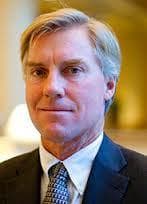
Daryl is the CEO of CECP, where he spearheads the effort to engage a coalition of CEOs who believe that societal improvement is an essential measure of business performance. He has nearly 30 years of executive experience in the US and abroad, including as an officer for several Fortune 500 companies, the turnaround CEO of a publicly-traded company, and the head of five multi-billion dollar business units. He currently serves on several privately-held and non-profit boards.
What is your background, and how did you become involved in social causes?
I spent about 30 years of my career in consumer packaged goods, so with Kraft Foods, Campbell Soup Company and others. I was turnaround CEO of Krispy Kreme Doughnuts and sat on a number of boards of public and private companies. I was always looking at ways, which was part of how I was raised with ideas of social responsibility, to put something back. Almost five years ago, I was contacted by this organisation called CECP who are a network of non-profit boards and they asked me to come in as the CEO. We’re a relatively small non-profit but we work for some of the world’s biggest companies. I was given an opportunity to get out of the private equity sector, which on one level would have given me the opportunity to make more dollars but here I get to work with about two hundred of the world’s biggest companies and help them become a force for good. It’s about making companies think of their role to firstly do no harm but also to leverage their many assets in ways that can be very helpful for the rest of the world.
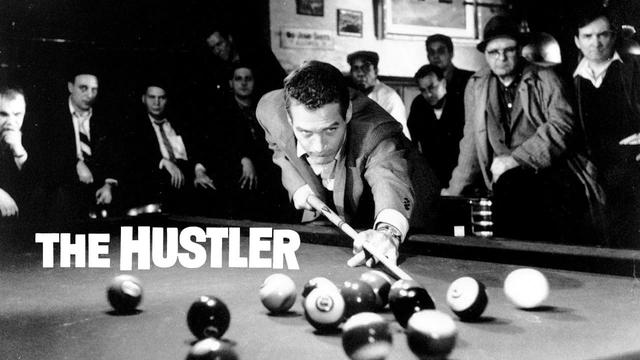
What were the aims and ambitions of the CECP? Describe the big dream.
Great question! The organisation was founded by CEOs for CEOs. And that included Paul Newman, the actor and salad dressing maker. The organisation was founded on the belief, echoed in our mission statement, that the world’s leading companies can and should be a force for good in society. That was the founding principle. We do work with smaller companies but our main focus is on big companies that are doing five billion dollars‘ worth of turnover. We do this in a number of ways.
Not wanting to get into celebrity talk but how was Paul Newman involved?
He was one of the founders in 1999. He had started up his own food company, which is still running, and he would take 100 per cent of their pre-tax income and invest it back in charities and what we call societal investments. He was going around the country talking to companies at annual meetings and using his well-known status to stand up and say ‘I think you guys should do more for society’. Attendees would listen to and applaud him so some CEOs suggested that they work together, along with him, to achieve that aim. So that’s how CECP got started.
In previous companies I’ve worked for a lot of the desire for change came from the grass roots, the employees. CECP sounds more ambitious than that.
Yeah. We would say it’s both ambitious and even strategic in terms of what we encourage. So in addition to businesses having an advertising, marketing, finance or operations strategy, we want them to have a societal or community strategy. People use different terms of course. So it’s not about making money and then giving a little bit away, it’s about integrating and imbedding it in the whole organisation.
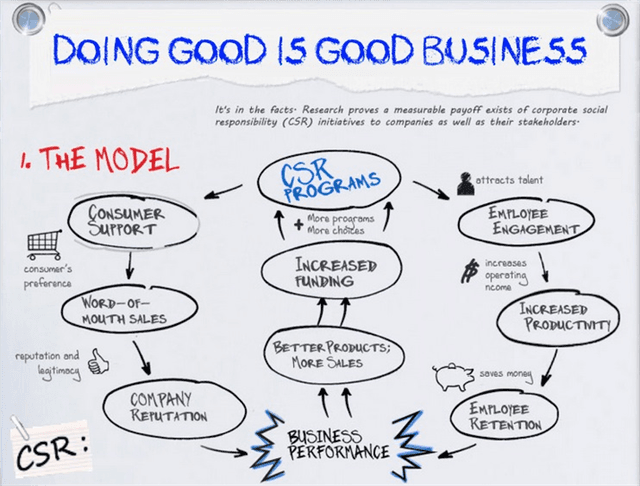 View original image
View original image
People are sometimes cynical about corporate social investment as they see it as brand management or as something insincere and tokenist, but that doesn’t seem to be your experience.
We encourage a more holistic approach. Look, people do a lot of things for a lot of reasons. I don’t seek to ascribe what a company’s motive is. If people do good things and it makes them more money and that’s why they do it but it helps solve a pressing issues, then it’s a good thing. If as a result they attract better employees, keep putting more resources into these issues and build a brand identity as a by-product, that’s good. What we really discourage and where we would we not work with a company is in cases of what we call green-washing where they do a bad thing and then try to cover it up.
The companies we work with are mostly trying to do really good things. We have a database so companies can benchmark what they’re doing. We work with an insurance company and we told them that they were investing back into society at a rate half that of their peer group. They weren’t really measuring their impact or partnering fully with the organisations they were supporting. So we took them through our research and they have committed to delivering their societal impact at a four-fold increase and they’re more than halfway there in a way that’s consistent with what the company does.
So we’re seeing companies giving cash, but also services, employees working either pro-bono or low-bono, providing their expertise to people who wouldn’t normally be able to afford it or cases where they’re taking other assets or resources they have and applying those to social issues.
What does a good CEO look like?
I think a good CEO of a large company in today’s world in many ways, whether they want to or not or are trained or not, often become the personification of what that company is. They really do represent it and for multiple stakeholders including certainly their employees, their customers, vendors, investors and shareholders. In doing that role you have multiple stakeholders and multiple needs and the CEO has a crucial role in laying out where the company is going to go and establish the values. Somebody has to have that global view. And of course they have the role of keeping the company accountable: establishing the objectives and making sure the company is accountable for them. And if something goes wrong, they’re the ones who have to address that. It’s a long list!
Do you think CEOs need to do more to encourage and facilitate their employees who want to do good?
I think every CEO can do a better job –even if they’re doing a good job- of really engaging their employee base and their colleagues at a higher level, in the company’s goals. They can tap into their employees’ passion for their roles. I think this notion of having a higher purpose in the organisation goes beyond how much money it’s making to solving problems in the world. I think it’s one of the more powerful ways for CEOs and companies to get engagement. We’re right now measuring a nationwide project on purpose in the workforce and looking at how important that is for the employees, both millennials (see Derrick Feldmann’s interview on SOFII on millennials here) and all employees. It’s also about the resources a company has. We’ve talked about money but there’s also an importance of getting employees engaged with key issues and topics. So the answer is yes (laughs).
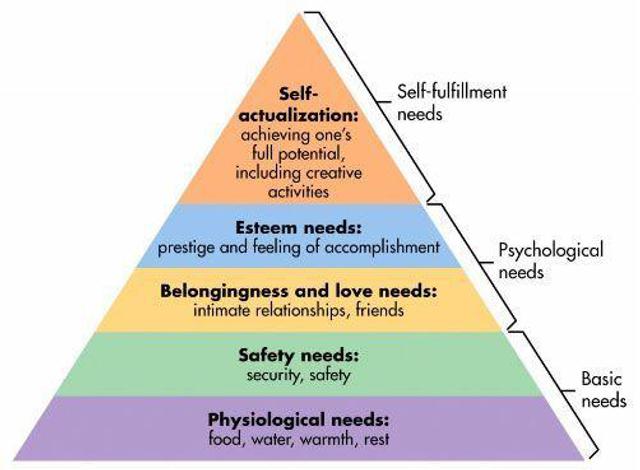
Speaking of millennials, do you think in your experience that there’s a generational shift at all?
As a general rule I think yes but I’m not sure it’s as much generational as it is access to technology and social media, which have really increased transparency. Millennials are more likely to be online and know more about the issues that are happening through the flows of information. So that encourages transparency: you can’t hide. But we’re also seeing people who are in their fifties and sixties who are becoming very technology proficient. A lot of it is enabled by an increasingly global world.
The other caveat I would say is that we also have to recognise that employees are at different levels on Maslow’s hierarchy of needs. Maslow shows that the psychological and physical needs that people have go through stages. If I am a poor farmer out in the African plains my purpose is having enough food to eat that night. And we can’t look past that. And a lot of millennials are living from pay check to pay check or working two jobs. We need to recognise that people are at different stages. So I think that for those who are somewhat higher paid knowledge workers the sense of purpose rises higher but a huge portion of the world’s population is just getting by. I think that’s the nuance.
Have you had experiences of working with CEOs that do things differently to the norm, and were these successful?
I’ll start with Howard Schultz, the former CEO of Starbucks. He made sure the company’s values ran through its entire operation. From the procurement of free trade coffee and ensuring good treatment and better payment of the farmers in Côte d’Ivoire, up to the way they try to manage their environmental footprint, into the way they pay baristas. History was, and I know this from working in the restaurant industry, you paid minimum wage, the least you could get away with. Starbucks decided they would pay more to attract higher-quality of people in those roles and set higher standards. They will also pay for those baristas to go to college. And Howard personally has stepped up on a number of critical social issues. He has taken a public stand on not allowing people to take a gun into a Starbucks, as well as race issues and equal marriage. I think he’s a great example.
Another person from your backyard is Paul Polman, the CEO of Unilever, the Dutch firm. Previously, focus wasn’t Unilever’s strength because it was so global and involved in so many different industries. Paul took over in 2009 and laid out a vision called the sustainable living plan to look at how Unilever could become a much more sustainable enterprise. That took in everything from their environmental footprint to making it a more attractive place for people to work and to taking up relevant social issues through their many brands. Paul has personally taken up a leadership role on the sustainable development goals set out by the UN. Thanks to him, business has become involved in the goals way more than before.
Robert Moritz, the global CEO of PricewaterhouseCoopers, the accounting firm, is also worth mentioning. The average age of their employees is 26, so pretty young, and they are putting enormous focus on diversity and inclusion. They’re looking at how to engage their workforce whilst acknowledging that they need to be better in terms of diversity. They’ve started an initiative called CEO compact and lined up several hundred other CEOs to really talk about how to create a diverse and inclusive workforce and what that means. Reading the papers about #MeToo and institutionalised racism in certain institutions, I’d argue they’re doing a better job than the political world or the world of entertainment. That’s in addition to creating a purpose-driven organisation. Robert has a purpose-driven officer who reports to him on the issues of diversity and inclusion.
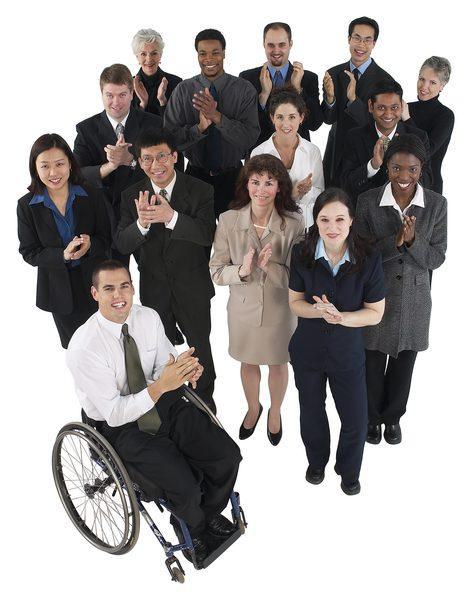
Do you have an ambition for CECP to make a difference and change the world for the better?
Yes. Our founding belief was that the world’s leading companies can and should be a force for good in the world, as I said. Our mission is to make the world a better place through business and we have a bunch of measures underneath that.
Is it really OK to say ‘I want to change the world’? Or is it better to say, ‘I want to sell more than the next person’?
Yes. I think it is and different for different people. Mine is not that I want to change the world but rather work through the world. There are enormous challenges and enormous issues around the world. But the world has never been better than it is now in many ways. And we know what the issues are but literacy, numeracy, and health improvements are increasing. Epidemics such as polio have been vanquished. Fewer women and children die in childbirth. So I’m an optimist. The notion becomes that in pursuing what still needs to be changed there are opportunities. Adam Smith, the great Scottish philosopher said that the purpose of the businessman is to meet the unmet needs of society. That is still what the essence of business and that mind-set can lead to creating a new product but also to making the world the better place.
When Paul Newman founded the CECP and was asked what he expected, he said: ‘Y’know, I think companies could do more’ and that’s what we strive for.
Get in touch!
Daryl offers fascinating insights into how CEOs and big companies are becoming increasingly aware of the need to make a positive difference in the world. But what are your experiences working with or for big companies? Do you work for a charity? Have you positive examples of working with corporate partners? Does Daryl's view reflect your reality?
Please e-mail joe@sofii.org to share your thoughts or add a comment below..



